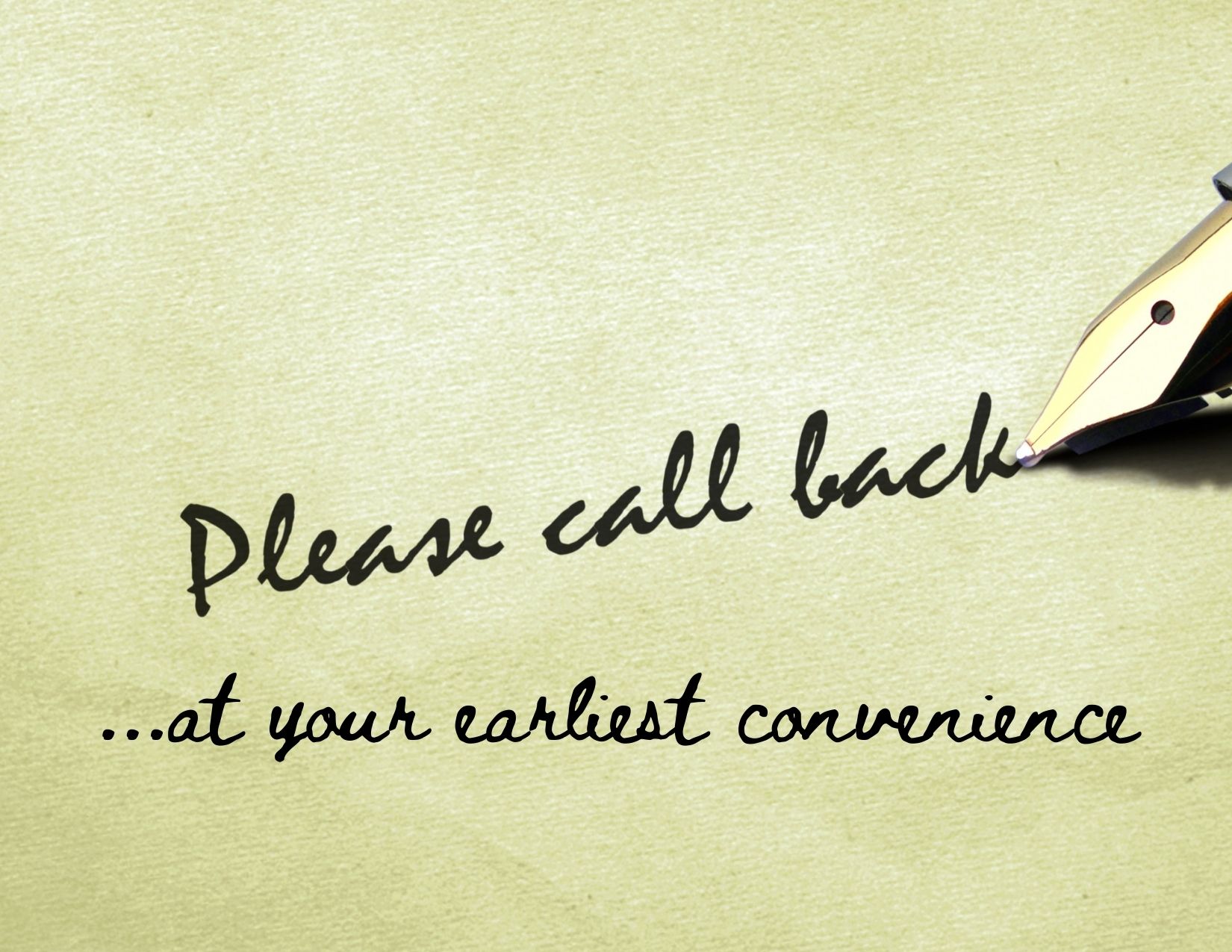
When finishing an email or snail-mail letter, the closing provides various opportunities.
Should you use “Sincerely” or the two-word variant “Sincerely yours?” What about “Yours truly,” where does that feature? Maybe a simple “Thank you” will be sufficient or should you should express your “Warmest regards.” Is there a situation where “Yours faithfully” is the optimum choice?
The list goes on. How do you know which closing is appropriate for your specific communication?
When to Use Different Closing Expressions
When deciding an appropriate way to signal the end of your communication and open a pathway to your signature, one of the primary considerations is the formality of your relationship with the intended recipient.
If you are writing to a casual acquaintance, you have more freedom to choose a closing that aligns with your rapport together. You may even consider writing a custom closer that relates to an inside joke or bonding topic within your relationship.
However, when corresponding with strangers or in formal situations such as job interviews or emails with superiors or administrators, they often desire a certain level of decorum within emails or other forms of writing.
Here are some different closings and an evaluation of suggested usage:
- Sincerely – If you want to play it safe, this option is a cookie-cutter closing for virtually any situation. This example is closing 101. While not particularly flashy, “Sincerely” is appropriate for both formal and informal situations, although perhaps slightly less so with close friends. Adding “yours” mitigates that a bit, providing a more intimate solution.
- Yours truly – Another generally accepted closing, “Yours truly” drops the formality of “Sincerely” down a notch while still maintaining enough courtesy to serve in more professional situations as well.
- Regards – A simple closing that establishes a polite distance, this expression implies a sense of well-wishing toward the recipient. The perceived distance of “Regards” can be closed with an additional introductory word, such as “warmest” or “best.”
- Thanks – When making a request, it may be appropriate to end with “Thanks,” “Thank you,” or “Thanks again” if you have offered thanks somewhere within your writing. Gauge your audience to determine if this is appropriate or whether you should stick with a more formal option.
- Respectfully – This closing is excellent for formal situations because it closes the letter and demonstrates that you have respect for the individual in question. If you want to show deference to a mentor, academic, or position of high authority, this is a great selection.
Remember that your closing says a lot about the relationship between yourself and the intended correspondent. Choose one that is appropriate to the situation’s formality, your intimacy level with the person, and the content of your writing.
Variations on a Theme
Once you have a firm understanding of the above closings, feel free to explore more original options, especially when communicating with close friends. Just make sure that your variation or custom closing is appropriate for the situation, audience, and content.
What About “Faithfully Yours?”
From time to time, you may have seen “Faithfully yours” as the closing of a letter. Is this something you should try in your letter?
The answer to this lies primarily in whether you are British or American.
British letter writers tend to lean toward formal writing, and many closings established centuries ago are still regularly found and accepted within that culture. Therefore, the implied intimacy and loyalty of “Faithfully yours” are more acceptable across the waters as this usage is far more frequent than in America.
This rarity of the closing within the United States gives the expression an elevated intimacy than it would in England. As a result, the recipient would likely view this sentiment as unusual and perhaps even a cause for concern as it appears to be a declaration of loyalty found within intimate relationships due to the usage of “faithful.”
In short, Americans should avoid using this closing. However, you may get by with it when composing a letter to a spouse or clergy member, as with the latter, it can serve as a declaration of shared faith.
Discover our acclaimed online courses at syntaxtraining.com.






